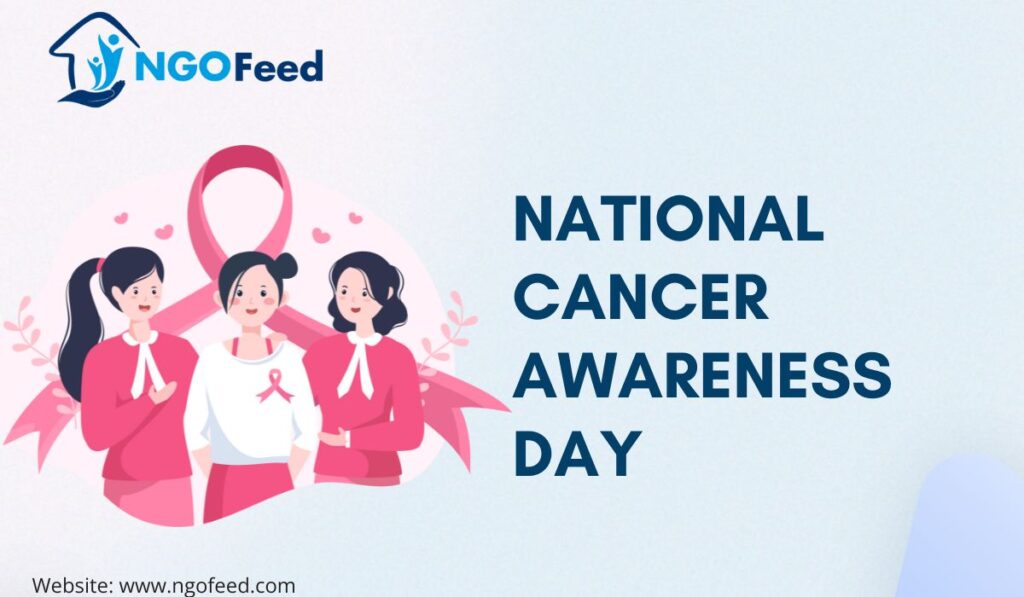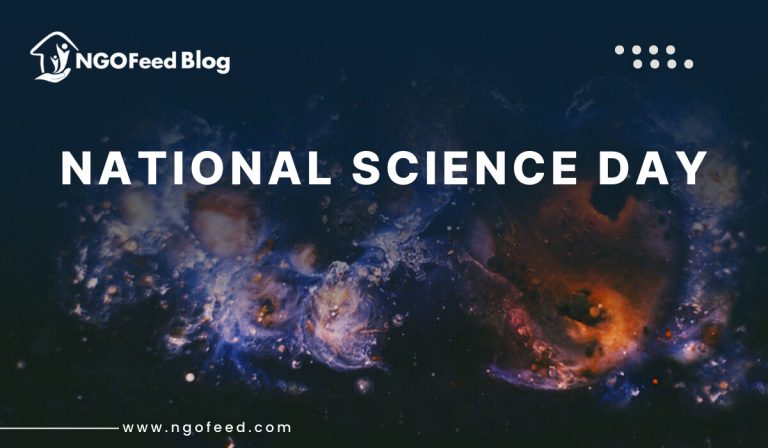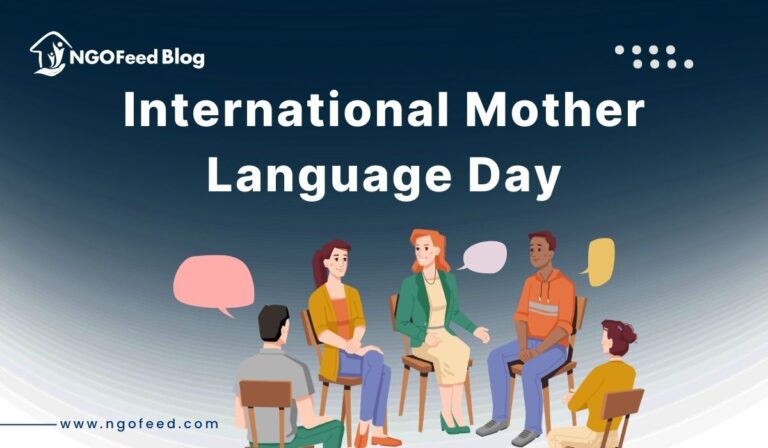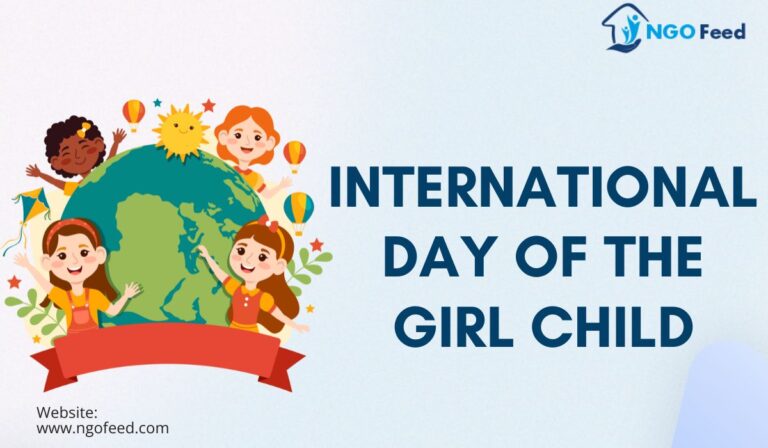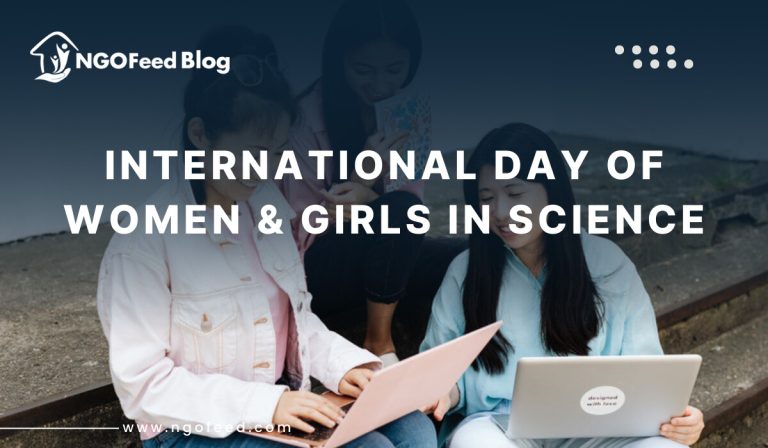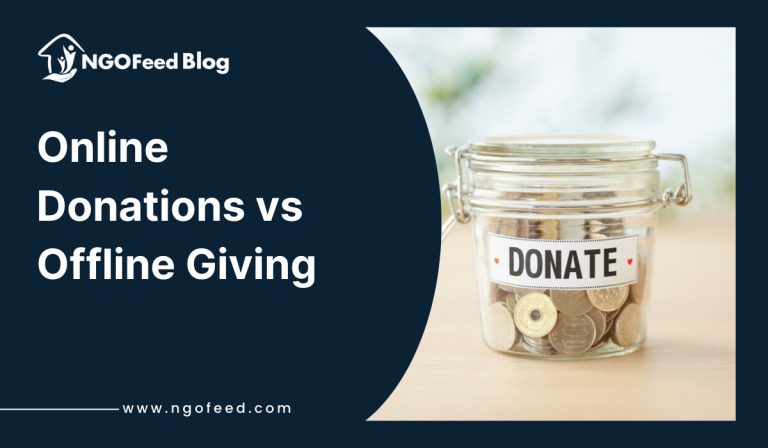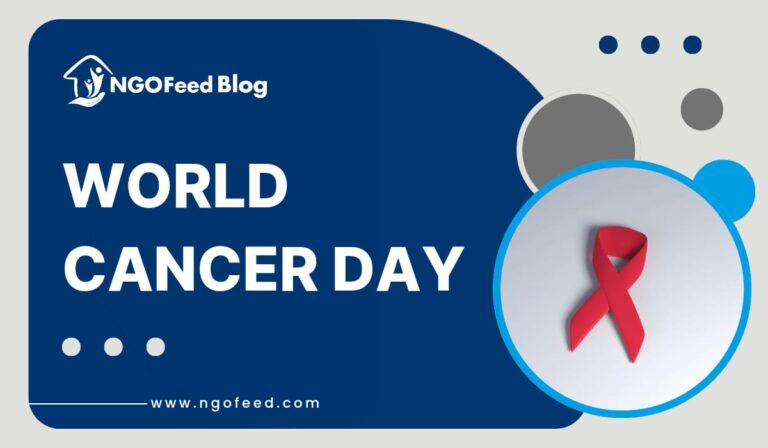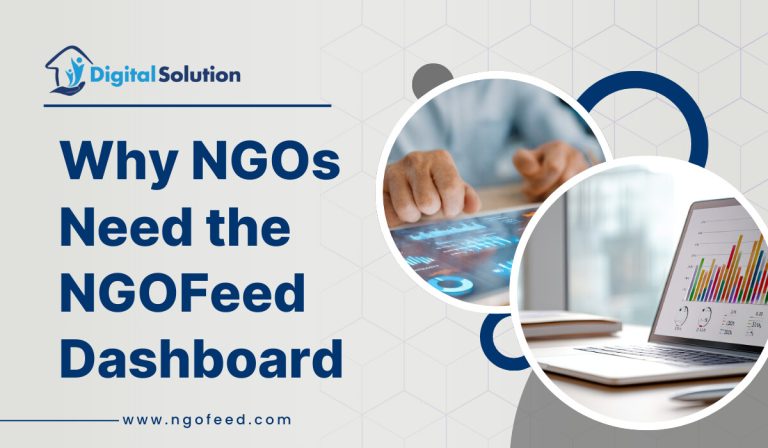National Cancer Awareness Day – Fighting Against Cancer: Do you know that Cancer is the primary cause of death? It accounted for more than one crore deaths in 2020 globally. According to the hospital’s rating, there are twenty to twenty-five lakh cancer patients in the country at a given time and at least about seven lakh new cases annually. Two-thirds of the cases of cancer when diagnosed at first come with incurable stage and more than 60% of these cancer patients are between thirty-five and sixty-five years old.
Looking at the stats above we can understand that cancer is a very harmful disease. Every year National Cancer Awareness Day is celebrated on the seventh of November in India since 2014, to prevent and educate people about cancer.
To celebrate National Cancer Awareness Day, several healthcare facilities, government bodies, non-profit organizations, and many others have come forward to prepare and plan several campaigns, seminars as well as screening to fight against the menace of cancer and work towards minimizing the load of the disease across the country.
Table of Contents
What is cancer as a disease?
Cancer is a disease that occurs due to the cells that grow abnormally and intrude on adjacent tissues. Cancer is developed as a result of a genetic change. About 90% of the DNA alterations leading to cancer happen in segments of DNA called genes. These changes are also known as genetic changes
Also Read: Role of NGOs in HIV and AIDS Awareness and Prevention
What are the causes of cancer?
Cancers are caused due to multiple factors-
Tobacco use is the cause of approximately 22% of cancer fatalities. Tobacco is either smoked or chewed but it has linkages with many other types of cancers apart from the lung or mouth. Tobacco has 80 + carcinogens and more than 4000 toxic compounds and is responsible for more than 20 types of cancer and cardiovascular/ respiratory diseases. Currently, there are 1.3 billion tobacco consumers globally and over 80% of them are in LMICs.
Overall both light and heavy drinkers are at a higher risk of at least six types of cancers which include but are not limited to bowel (colorectal), breast, mouth, pharynx, and larynx (mouth and throat), oesophageal, liver, and stomach. Alcohol results in the development of cancer cases accounting for 4% in the year 2020.
Diet, nutrition, and food choices we make are the other causes. Well according to recent studies, processed meat products like ham bacon salami, and sausage increase the risk of bowel cancer. Also, red beef, salt, or sugar are associated with certain types of cancers and several non-communicable diseases.
Overweight and obesity increases the risk of getting 12 types of cancer. These are endometrial, breast, ovarian, prostate, liver, gallbladder, kidney and colon cancers.
Some infections are likely to cause cancer because viruses can change a cell which may develop cancer. This comprises HPV infections which are responsible for 70% of cervical cancer. Liver cancer and non-Hodgkin lymphoma also result from hepatitis B (HBV) and hepatitis C (HBC).
Also Read: Role of NGOs in Cancer Care
Our surroundings and the offices we work in are the other risk factors. These include airborne pollutants, exposure to man-made radiation, and prolonged exposure to UV radiation from the sun and tanning beds which causes melanoma and skin malignancies.
However, other than these, the risk of cancer is also because of genetic and age factors. This is so because the longer a person lives the more is the possibility that he/she has faced the risk of cancer and the more time that their cells undergo mutations.
History of National Cancer Awareness Day
Ever thought about how this day got established? Here’s a brief history and overview of the day:
The celebration of National Cancer Awareness Day was first declared in 2014 by the Union Minister of Health Mr. Harsh Vardhan. The day was intended to draw attention to the importance of eliminating the causes, early diagnosis, and treatment of cancer.
The seventh of November was decided as National Cancer Awareness Day as this is the birth anniversary of Marie Curie, the well-known scientist in the sphere of radioactivity. Many of her findings were as useful as radium and polonium upon which radiation therapy, is now one of the most effective cancer treatments.
Why do we celebrate this National Cancer Awareness Day?
National Cancer Awareness Day is observed to make people aware of the disease and get themselves checked early enough so that they may be prevented. Here are the main reasons why this day is celebrated:
1. Raising Awareness
Early Detection Saves Lives: The main objective of National Cancer Awareness Day is to create awareness among the public about early detection of cancer. Early diagnosis can enhance the chances of a cure, and thereby the death rate will be reduced.
The day is useful in making people aware of the knowledge that they may need when it comes to such a disease inclusive of cancers, risks, and prevention measures.
Also Read: Role of NGOs in Disabled Person
2. Promoting Prevention
Healthy Lifestyle Advocacy: The day encourages people to adopt risks for the prevention of cancer which are; no use of tobacco, proper diet, exercise, and minimizing contact with pollutants.
Public Education on Risk Factors: Cancer patients get to know about factors that might contribute to the risk of getting cancer which include smoking, alcohol, and poor dieting.
3. Reducing Stigma
Addressing Myths and Misconceptions: This day is celebrated as a reminder of cancer and its risks, which can counter myths about it and break the cycle of fear that stops individuals from getting the treatment they need.
Encouraging Support and Solidarity: The day encourages unity in support of all cancer patients and encourages them and their family members to receive the necessary treatment
4. Screening and check-ups have helped in the following ways.
Access to Medical Resources: National Cancer Awareness Day may include programs that offer free or very cheap cancer checkups. This makes more people go for checkups and seek doctor’s advice as often as required.
It Highlights the Importance of Regular Check-Ups that allow doctors to diagnose cancer before it shows any signs, which improves its chances of being cured.
5. Teaches the Importance of Timely Treatment
It informs people about the availability and advancements in cancer treatment, which motivates an individual to seek medical advice and treatment without any delay.
Timely checkup campaigns help in early diagnosis, which can reduce cancer-related mortality rates.
Also Read: Role of WHO in Healthcare
6. Appreciating Scientific Contributions
Tribute to Marie Curie: 7 November marks the birth anniversary of Marie Curie, whose work in radioactivity contributed significantly to the development of radiation therapy, which is one of the cancer treatment methods.
7. Mobilizing the Community and seeking Government support
Policy and Support: The day is also an opportunity to ask governments and health organizations to give priority to cancer prevention methods, research, and access to healthcare in national health policies.
Communities are encouraged to participate in awareness programs, campaigns, workshops, and volunteer initiatives to make people aware of cancer prevention and support.
Celebrating National Cancer Awareness Day demands the collective responsibility of individuals, healthcare providers, and governments to counter cancer through education, preventive measures, and timely medical checkups.
What are the ways of preventing cancer?
As we have learned the causes of cancer, now the question here is how to prevent cancer. What measures can we take to prevent this hazardous disease? Adopting certain lifestyle changes and maintaining some of the healthy habits can help reduce the risk of cancer. Here are some –
- Quit Tobacco and Smoking: lung, mouth, and throat cancer directly connect to smoking. Your risk of getting cancer drops once you stop using tobacco.
- Eat Healthy: adding a lot of vegetables and fruits to your diet may lower your cancer risk.
- Reduce Eating Processed and Red Meat: Certain cancers are connected to eating too much processed or red meat.
- Use Less Sugar and Fat: Reducing sugar and fat intake in your diet helps maintain a healthy weight, that can reduce the risk of cancer.
- Daily exercising: Around 30 minutes of physical activity helps to control weight and lowers the risk of certain cancers.
- Keep a balanced Weight: Excess weight raises the risk of various cancers.
- Reduce the intake of alcohol: more alcohol equals more cancer risk.
- Don’t expose yourself to sunlight much: Use sunscreen with SPF 30 or higher, even when it’s cloudy. Avoid peak sun hours (10 a.m. to 4 p.m.), and Dress Smartly, Wear hats, sunglasses, and clothes covering your skin from direct sunrays.
- Get Vaccinated: vaccines like HPV vaccine shots help avoid cervical and other cancers. Hepatitis B Vaccine: This shot lowers liver cancer risk stemming from chronic hepatitis B.
- Have Safe Sex: Use protection, and have fewer partners to lower the risk of STIs like HPV and HIV, which connect to certain cancers.
- Avoid Harmful Chemicals: Beware of your surroundings and exposure to cancer-causing chemicals and pollutants at home and work.
- Avoid Radon: Radon is a radioactive gas that can increase lung cancer risk.
- Go for Regular Check-Ups: Routine Screenings and tests can diagnose cancer early and can help in early treatment.
- Genetic Test: If your family has a cancer history, this test can highlight risks and prevention methods.
- Reduce stress: Long-term stress may hurt your immunity. Use stress management techniques like yoga and deep breathing exercises to stay mentally healthy.
- Sleep Good: Give priority to quality sleep for better mental and physical health.
Also Read: Role of NGOs in Mental Health
The above-mentioned methods are some easy-to-adopt methods that we can take care of in our daily lives.

